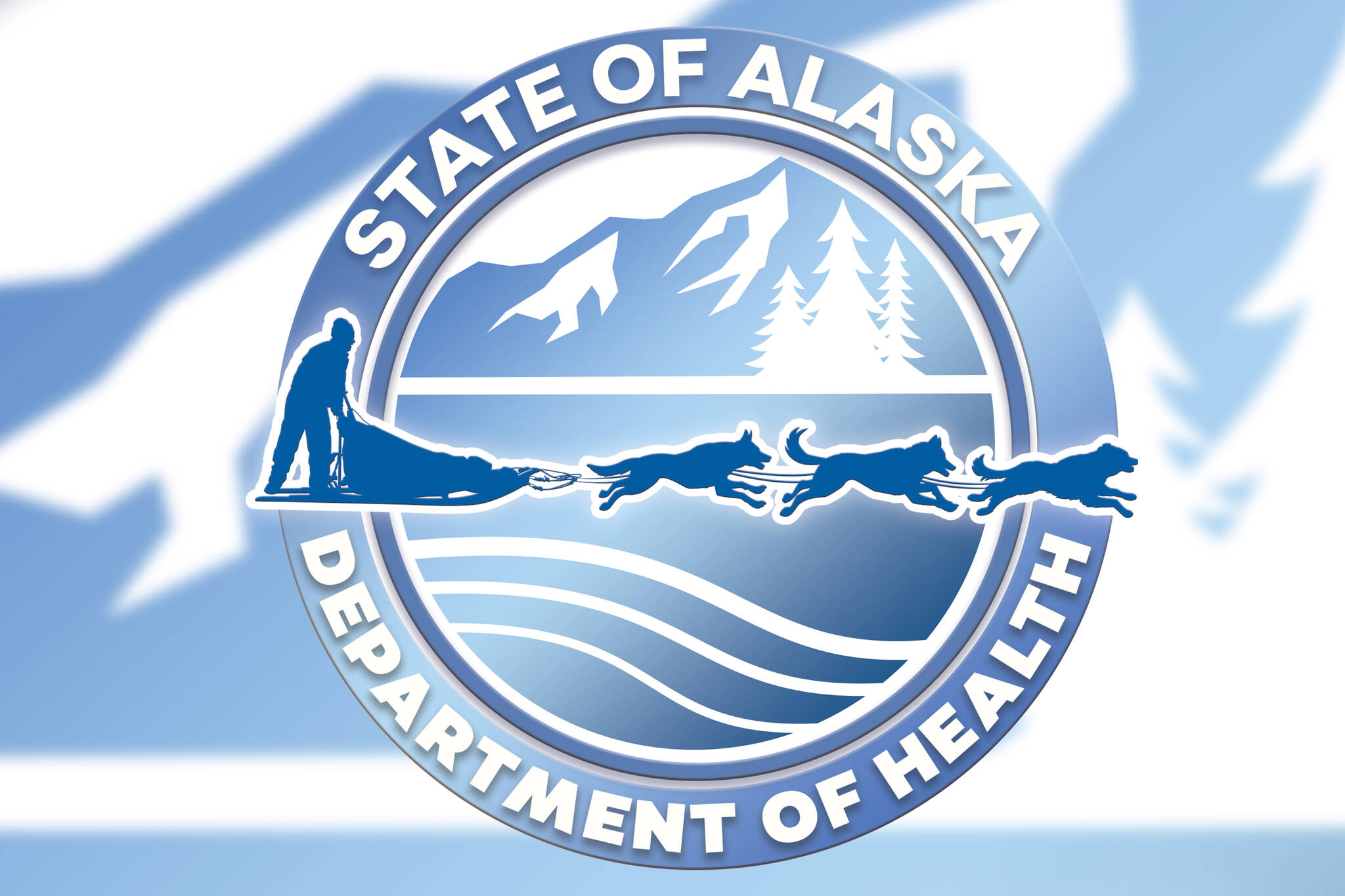There were fewer drug overdose deaths in Alaska in 2022 than in 2021, a newly released update by the Department of Health says.
The 2022 Drug Overdose Mortality Update was published by the department’s Alaska Health Analytics and Vital Records Section and Office of Substance Misuse and Addiction Prevention. The report is compiled using the state’s electronic vital records system, which includes certificates of death that identify drugs as an element of the cause of death. Not included, the report says, are deaths due to alcohol poisoning or “drug-related traumatic injuries” like motor vehicle accidents.
Last year, there were 247 fatal drug overdoses in Alaska, the report says. That’s down from 255 in 2021. Both this year and last year have seen numbers of drug overdose deaths far greater than those in 2020 and earlier. In the eight years of 2013-2020, annual counts range from 105 to 146.
Deaths from drug overdoses last year continue to disproportionately impact men, Alaska Native or American Indian people, those aged 35-44 and those who live in Anchorage, according to the report. In the Gulf Coast region, which includes the Kenai Peninsula Borough, there were 16 fatal overdoses, down from 30 in 2021.
Opioids were implicated in 185 deaths, or 75% of the total. Opioid deaths include 151 that involved fentanyl.
Psychostimulants, the report says, were involved in 57% of the deaths last year, including 127 deaths involving methamphetamine.
In the last five years, 2018 to 2022, around 58% of all fatal overdoses involved a combination of two or more drugs, the report says. The most common fatal combination is fentanyl and methamphetamine.
The report says that rising numbers of fatal overdoses and rising incidences of “multidrug use” are consistent with national findings.
The department has many programs that “focus on prevention, treatment and recovery strategies to counter drug overdose and related harms,” the report says. The department in 2022 distributed “nearly 30,000” kits of naloxone, a medication that can combat some overdoses. For more information, visit opioids.alaska.gov.
Reach reporter Jake Dye at jacob.dye@peninsulaclarion.com.

